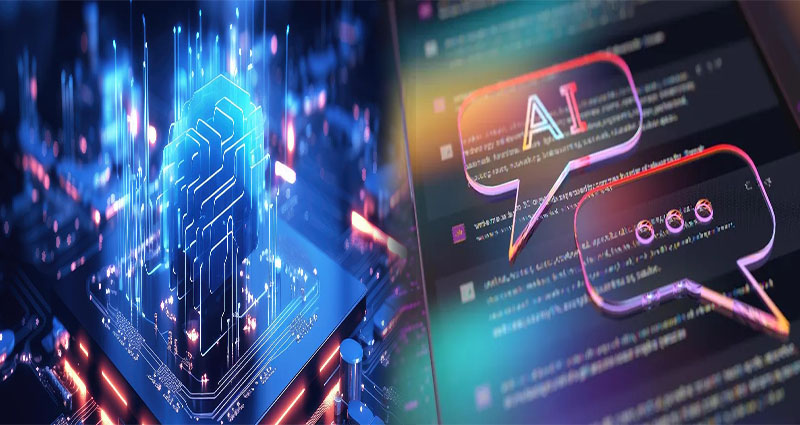Artificial Intelligence (AI) has emerged as a significant player in shaping the society we live in today. With its rapid evolution and advancements, AI has found applications in various domains, impacting our lives in profound ways. In this article, we will explore the role and evolution of artificial intelligence in society.
The Role of AI in Society
Artificial Intelligence plays a pivotal role in transforming industries across the board, from healthcare and finance to transportation and entertainment. One of the key roles of AI in society is its ability to process and analyze vast amounts of data, leading to insights and solutions that were previously unimaginable.
In healthcare, AI is revolutionizing patient care through personalized treatment plans, predictive analytics, and early disease detection. In finance, AI algorithms are used for fraud detection, risk management, and algorithmic trading. In transportation, AI powers autonomous vehicles, enhancing safety and efficiency on the roads.
Evolution of AI in Society
The evolution of AI in society can be traced back to its origins in the 1950s, when researchers first began exploring the concept of intelligent machines. Over the decades, AI has seen significant advancements in machine learning, deep learning, natural language processing, and computer vision, among other areas.
Recent advancements in AI, such as the development of neural networks and reinforcement learning, have propelled the technology to new heights. AI-powered tools and applications are now integrated into various aspects of our daily lives, from virtual assistants on our smartphones to recommendation systems on e-commerce platforms.
Societal Impacts of AI
While AI brings a host of benefits to society, it also raises important societal considerations and challenges. One of the key concerns is the ethical implications of AI, including issues of bias in algorithms, data privacy, and automation leading to job displacement. Addressing these ethical considerations is essential to ensure that AI development is aligned with societal values and principles.
Another societal impact of AI is the widening digital divide, where access to AI technologies may not be equitable across different communities and regions. Bridging this gap and ensuring that the benefits of AI are accessible to all members of society is crucial for fostering inclusive growth and development.
The role and evolution of artificial intelligence in society are profound and wide-ranging. From transforming industries and enhancing efficiency to raising ethical concerns and societal impacts, AI has become an integral part of our modern world. Understanding the implications of AI and working towards its responsible development and deployment are critical steps in harnessing its potential for the greater good of society.
As AI continues to evolve and shape our society, it is imperative for policymakers, industry leaders, and the broader community to collaborate in navigating the opportunities and challenges that come with this transformative technology. By fostering a dialogue and promoting ethical practices in AI development, we can ensure that artificial intelligence serves as a force for positive change in our society.









